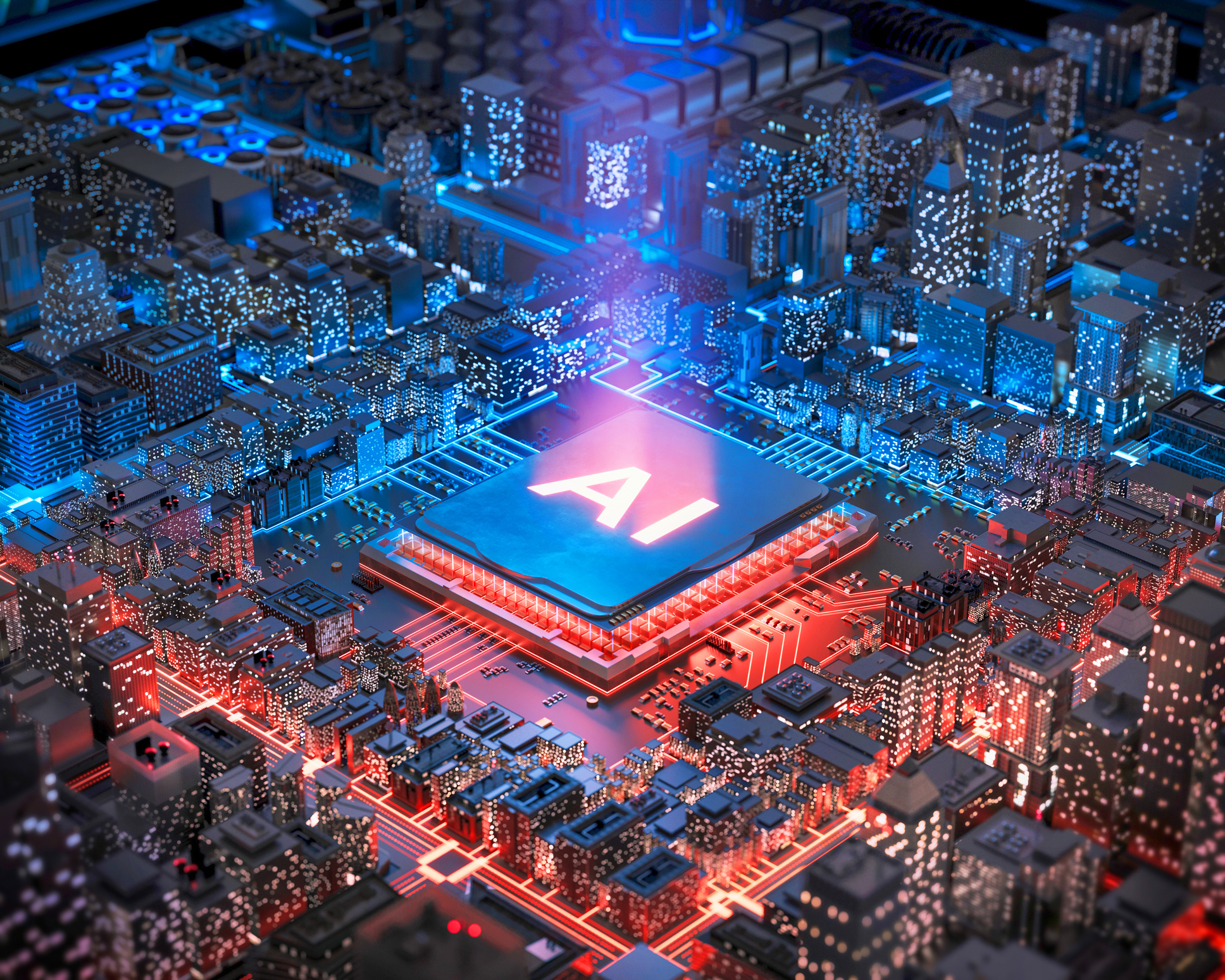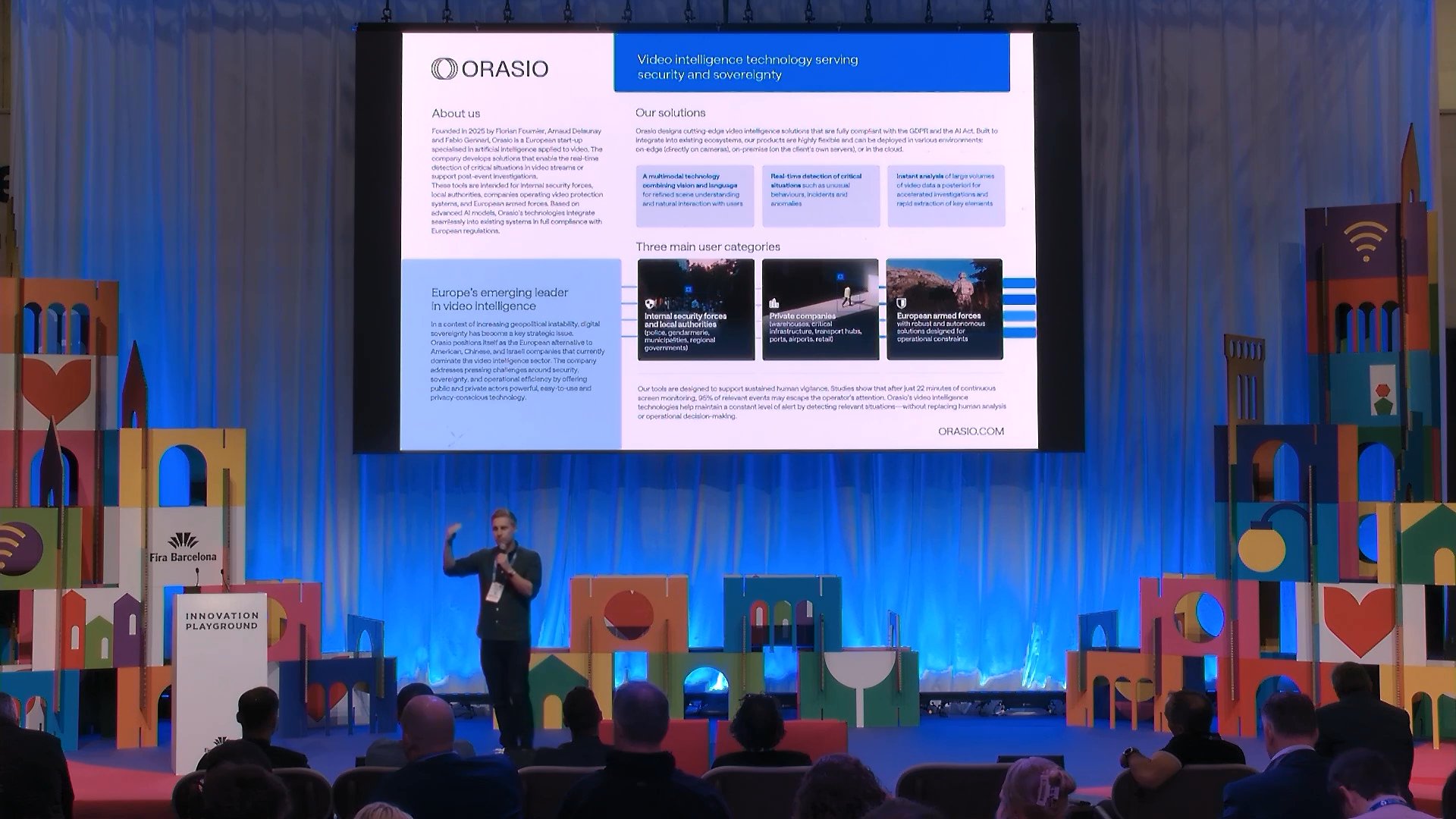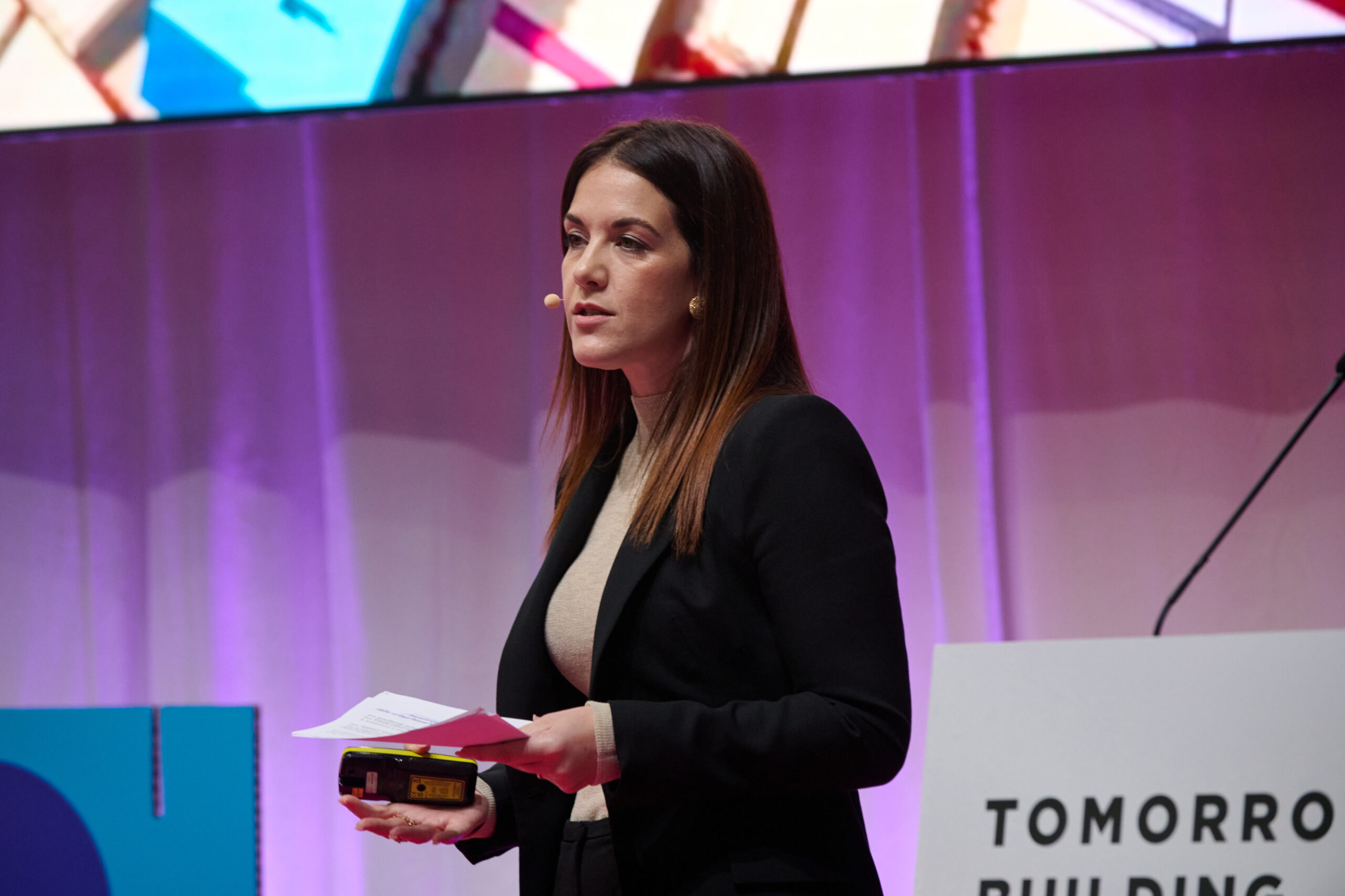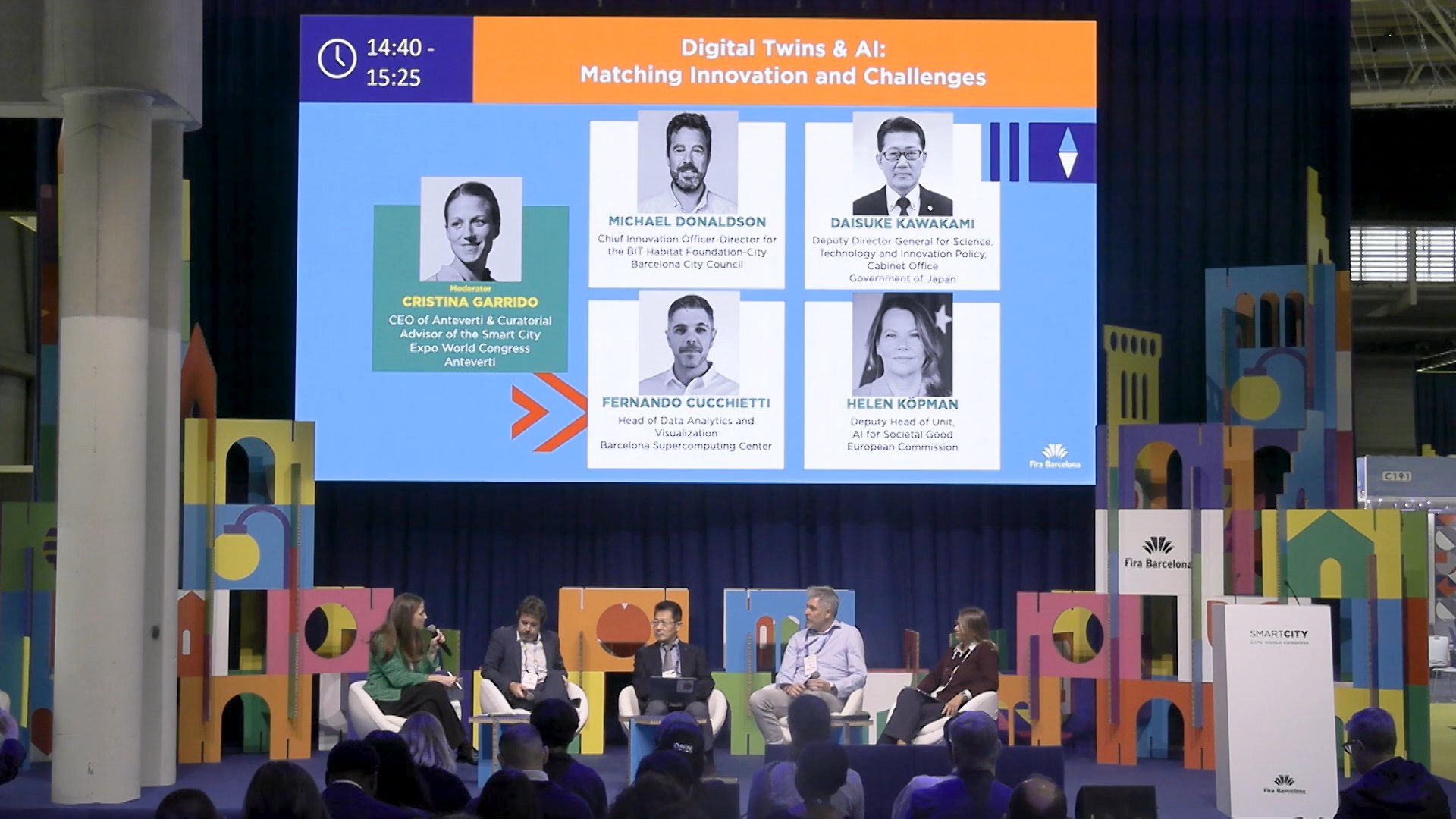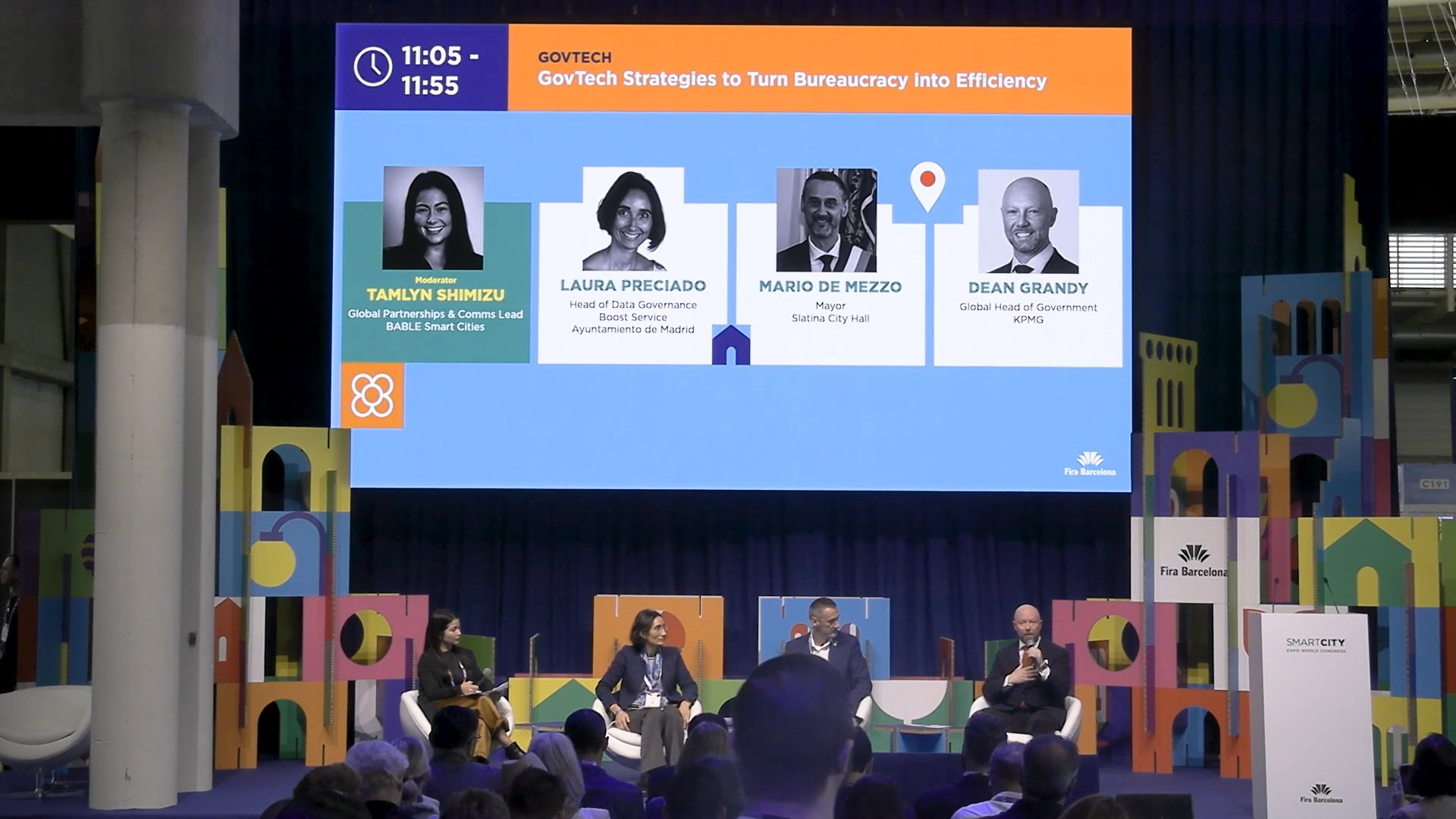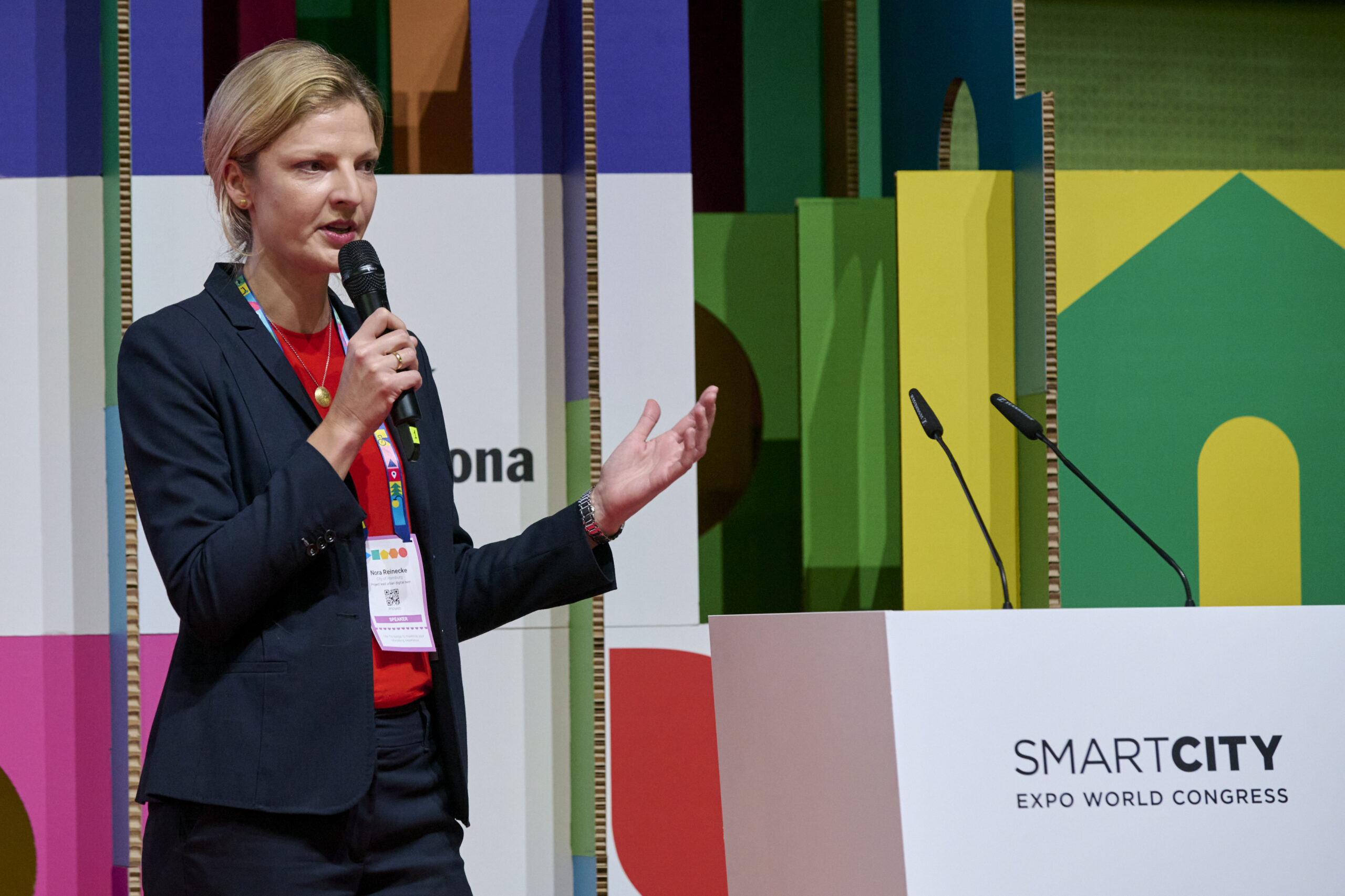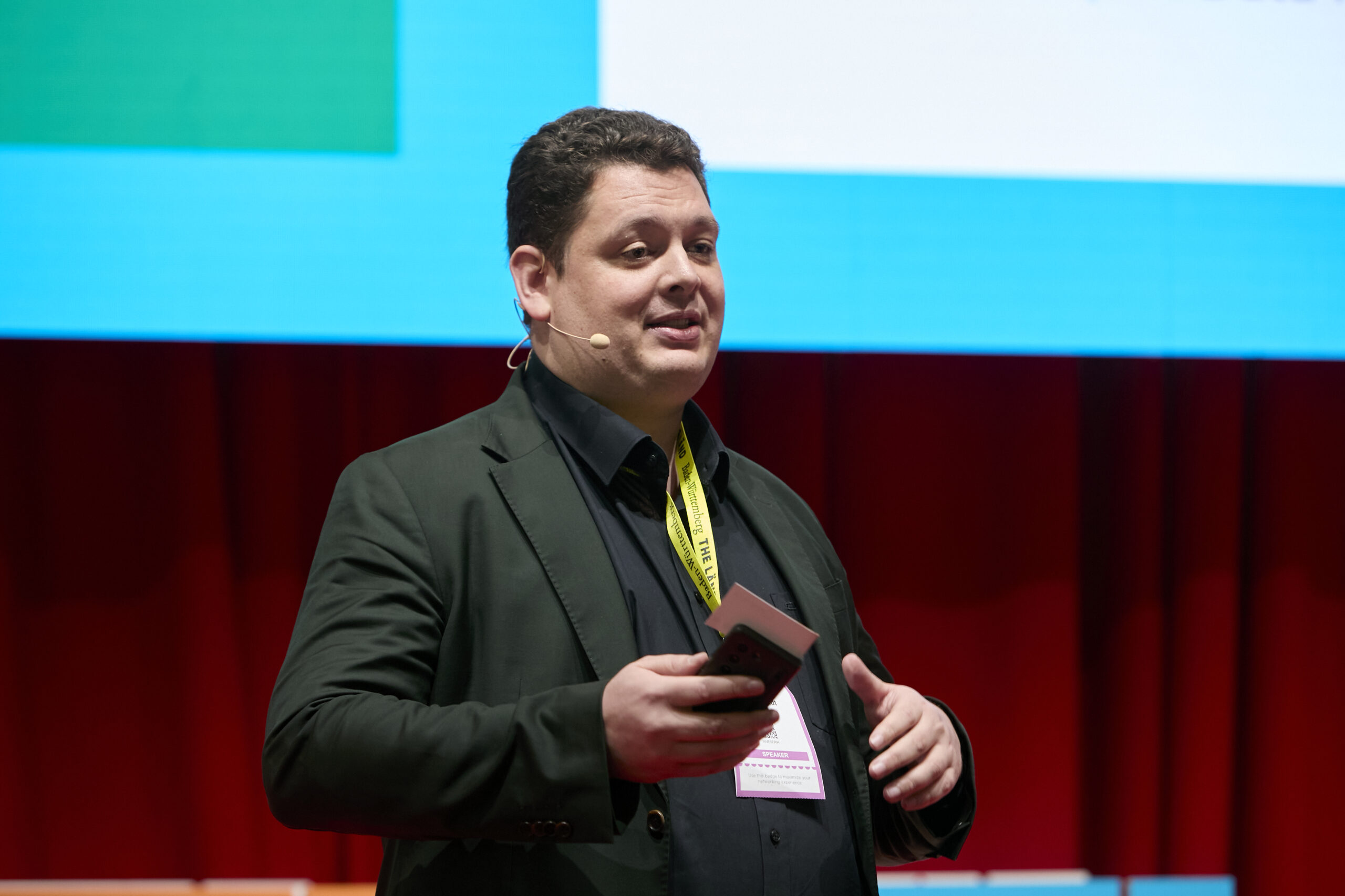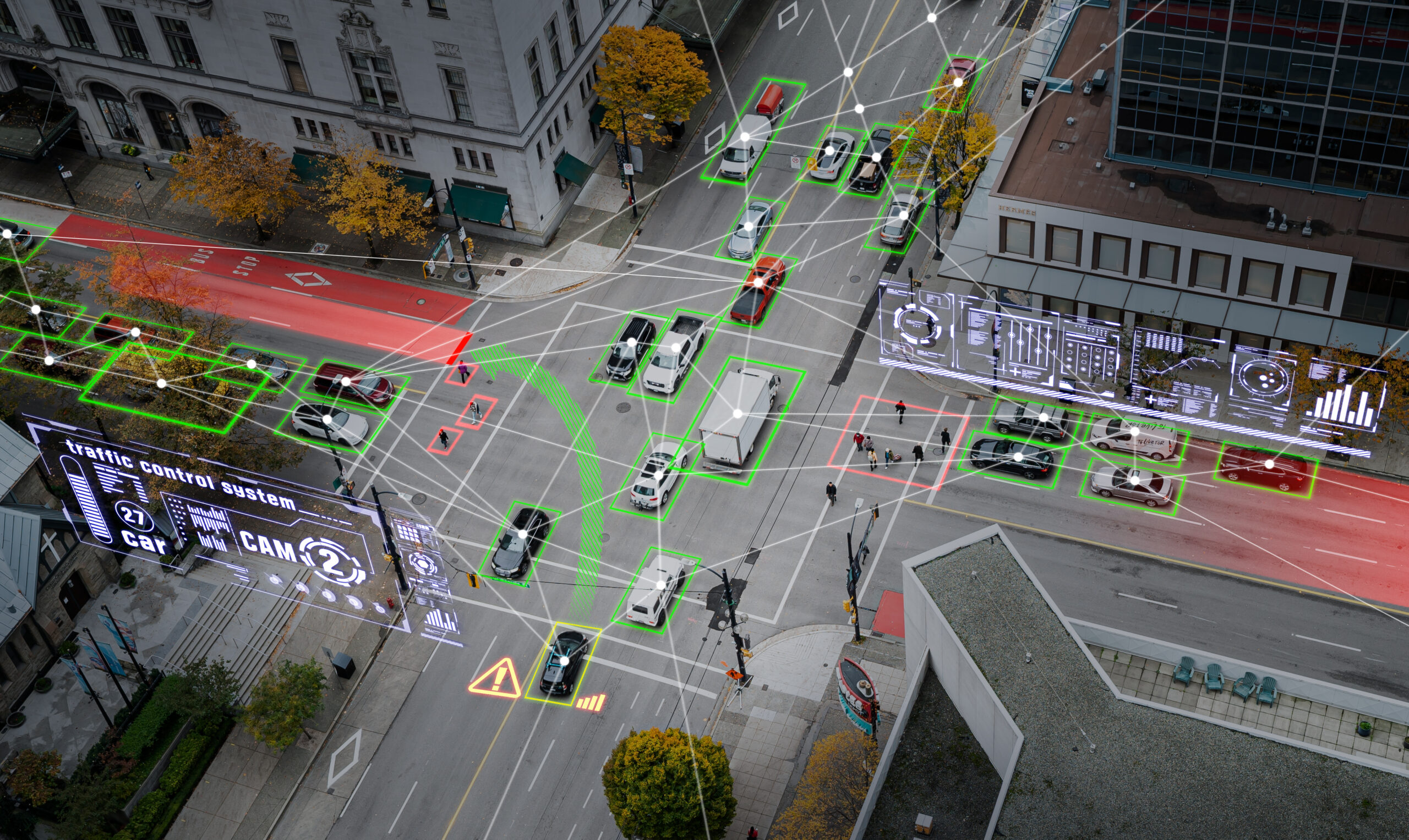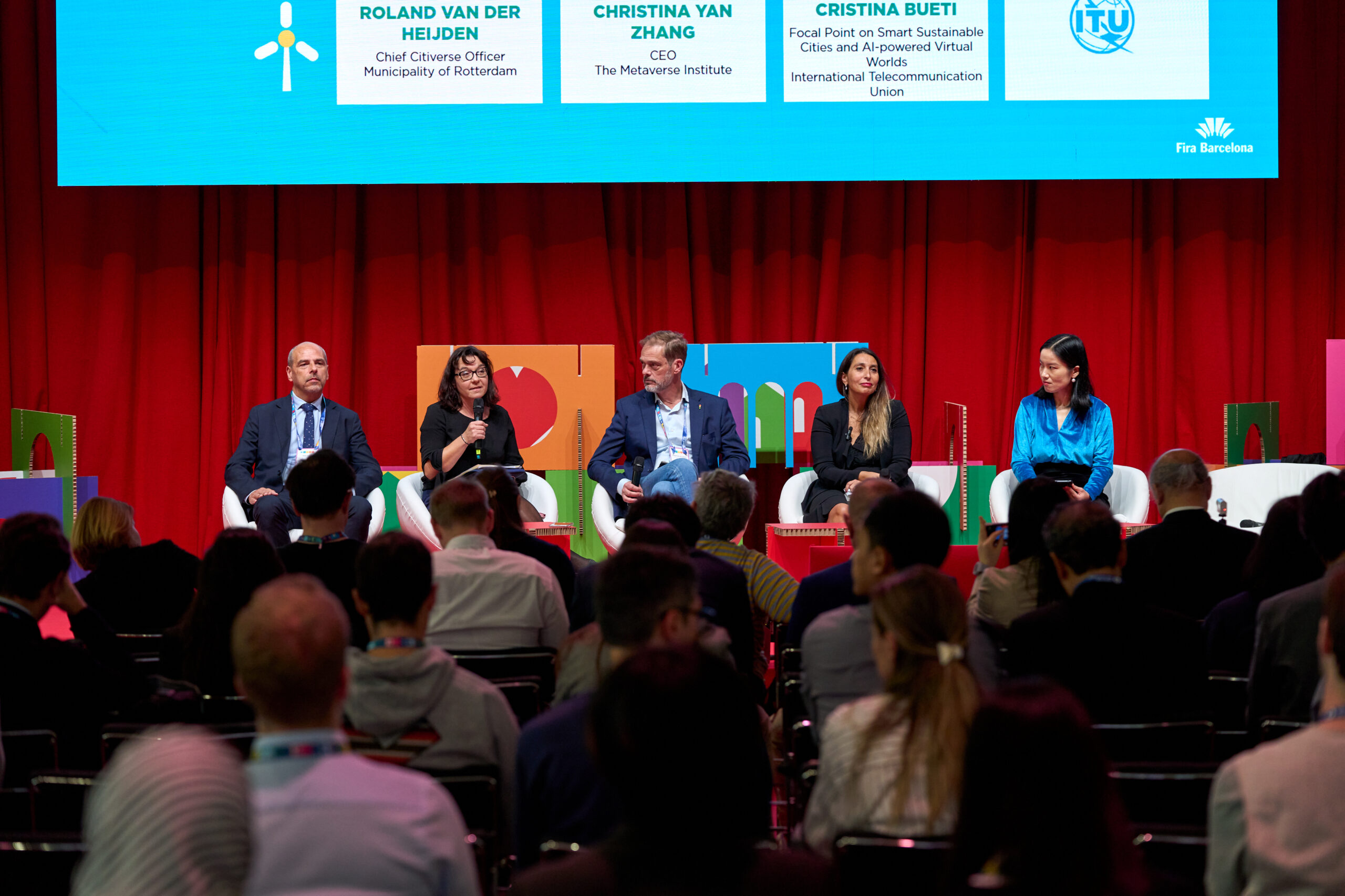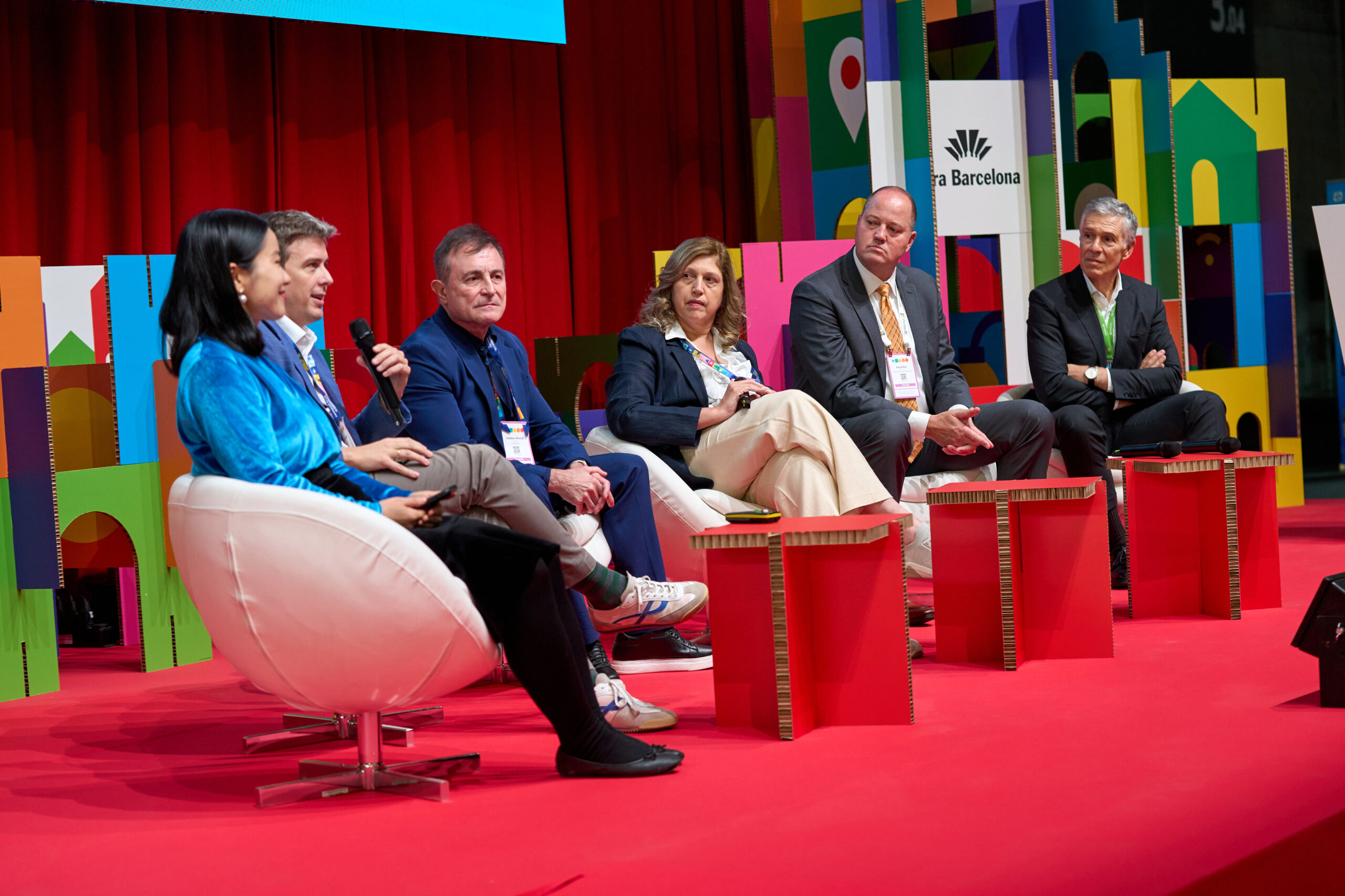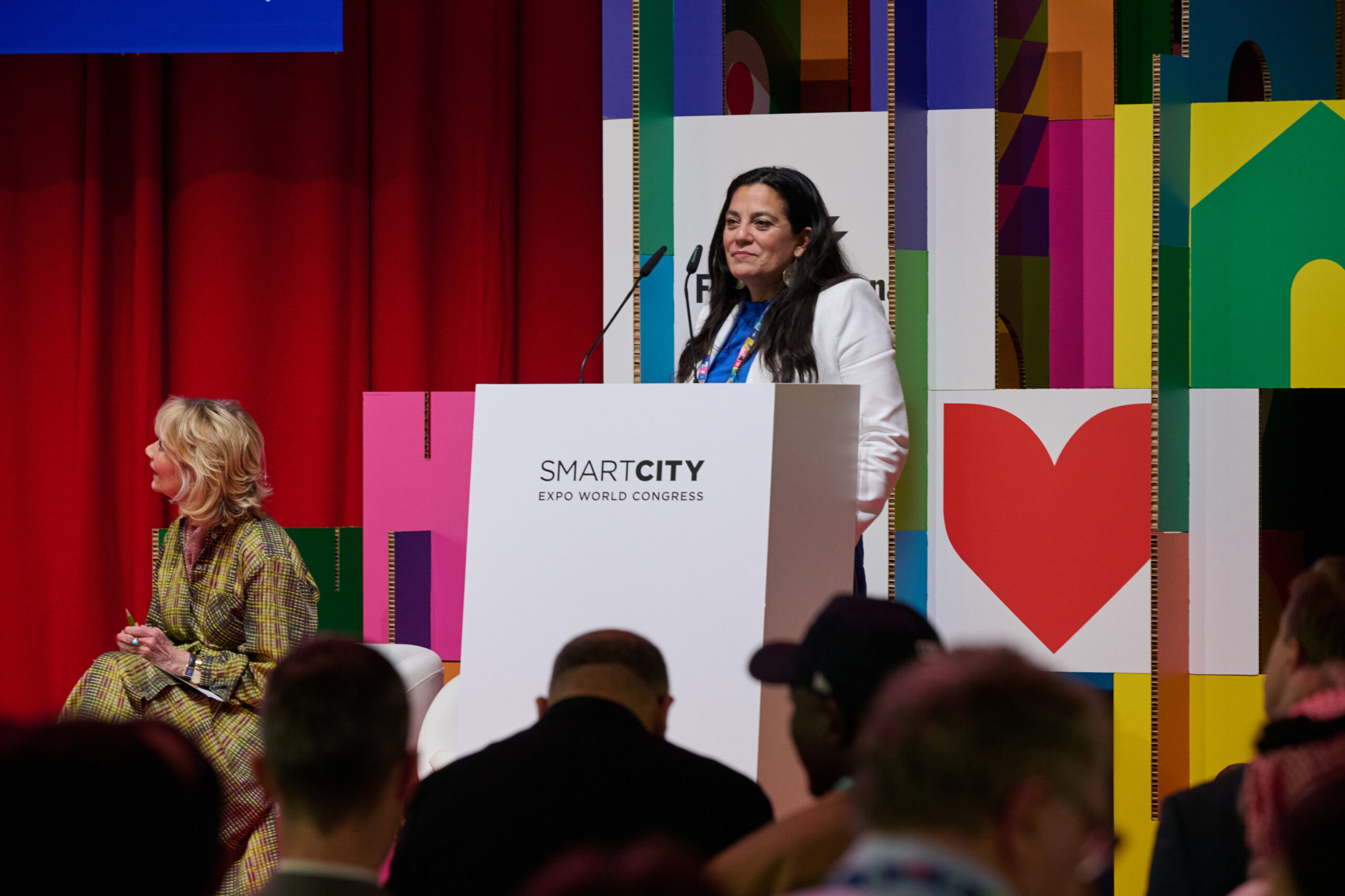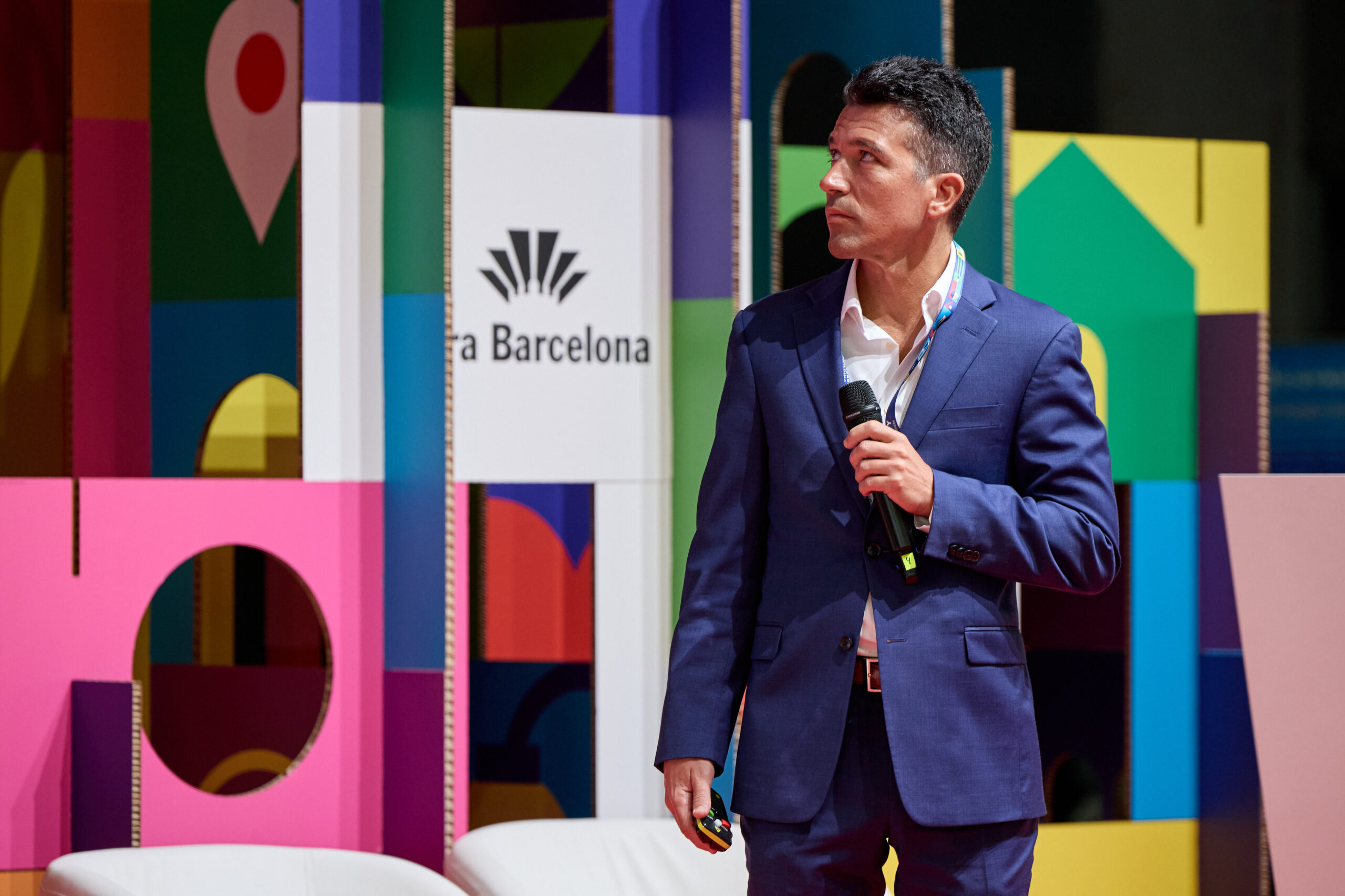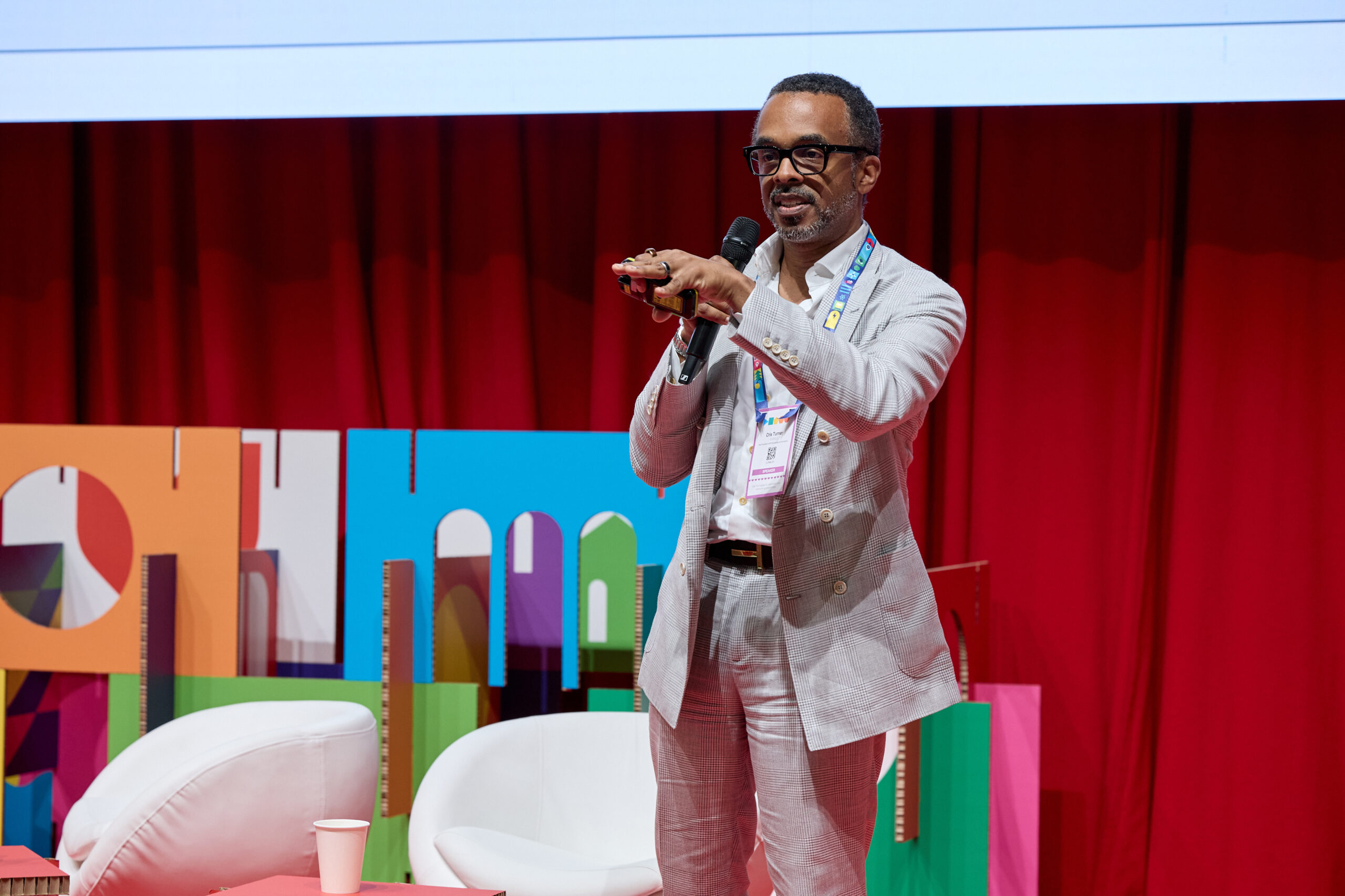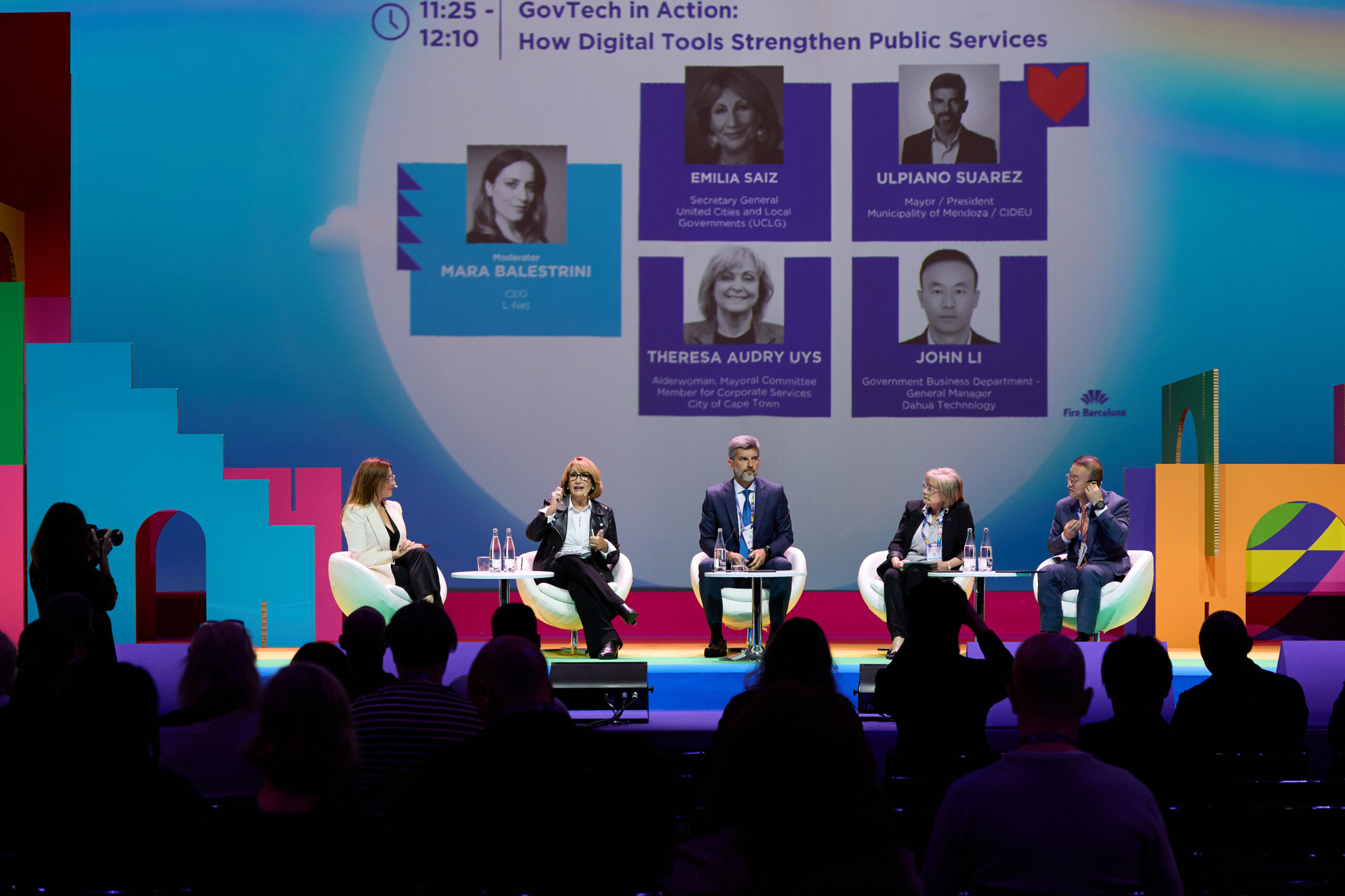This is a guest post by BABLE Smart Cities. Visit their Knowledge Hub for more information on how your city can implement AI effectively.
Artificial Intelligence (AI) is revolutionising how cities manage operations, optimise resources, and engage with residents. By embracing AI, municipalities can enhance transparency, foster collaboration, and drive innovation to address complex urban challenges. Across Europe, cities have adopted diverse strategies to integrate AI into their administrative structures, from prioritising trust and transparency to building collaborative ecosystems and pursuing centralised innovation. Here’s how leading cities are creating smarter, more adaptive urban systems.
Building Trust Through Transparency
Cities like Amsterdam, Vienna, and Helsinki are demonstrating the importance of openness in implementing AI tools. In Amsterdam, the Algorithm Register allows citizens to understand how AI influences decisions in services like urban planning and traffic management. The city’s Amsterdam AI initiative focuses on human-centred, fair, and trustworthy AI applications across various domains, including business innovation, citizen support, and healthcare.

Similarly, Vienna’s use of open government data initiatives enhances the accessibility of AI-driven services. From real-time public transit updates to event schedules, Vienna integrates transparency into its AI systems, ensuring all residents benefit equitably.
Helsinki takes transparency even further with its AI Register, which publicly discloses the city’s AI applications, how they function, and what data they process. By making this information available to citizens, Helsinki reinforces accountability and builds public confidence in its AI-driven solutions.
Driving Innovation Through Collaboration
Collaboration is key to scaling AI solutions across city departments and stakeholders. Estonia’s Kratt AI initiative exemplifies how partnerships with universities, private firms, and government bodies can accelerate the development of AI tools. With resources like the AI Support Toolbox, Estonia empowers its public institutions to create tailored solutions while maintaining a unified strategy.

Copenhagen embraces partnerships to address pressing urban challenges, such as climate resilience and mobility. By working closely with startups and academic institutions, the city develops AI-powered solutions that optimise traffic flows and reduce carbon footprints.
Zurich, on the other hand, focuses on leveraging cross-departmental collaboration to ensure its AI tools, like the Retrieval-Augmented Generation (RAG) chatbot, provide contextually rich and effective responses. These partnerships create a robust ecosystem that bridges technology and public service delivery.
Centralised Innovation for Greater Impact
For cities like Berlin, Barcelona, and Essen, centralisation plays a critical role in scaling AI-driven solutions. Berlin’s IT Service Center Berlin serves as a hub for projects like participatory budgeting and AI-powered air quality monitoring. This centralised approach ensures alignment across departments while enabling experimentation.

Barcelona’s AI City Plan similarly focuses on unifying efforts to implement AI across various public services. The plan includes predictive traffic systems and smart waste management projects, streamlining operations and improving residents’ quality of life.
In Essen, the TWIN4ROAD project showcases how centralised AI-driven experimentation can solve infrastructure challenges. Essen ensures safer, more cost-effective urban mobility by predicting road wear and optimising maintenance schedules.
A Smarter Future for Cities
The integration of AI into city management is transforming how urban systems operate, from improving transparency and fostering collaboration to centralising innovation. Each city offers a unique pathway to smarter solutions, tailored to its specific needs and priorities. By learning from these strategies, cities worldwide can build adaptive systems that respond to today’s challenges while preparing for the future.
As AI continues to evolve, its potential to create more resilient, inclusive, and efficient cities will only grow. By balancing innovation with trust, collaboration, and centralised leadership, municipalities can ensure that AI truly serves their residents, creating smarter cities for generations to come.
Photos:
Image 1: AmsterdamAI
Image 2: Avaleht | Kratid
Image 3: ITDZ Berlin







